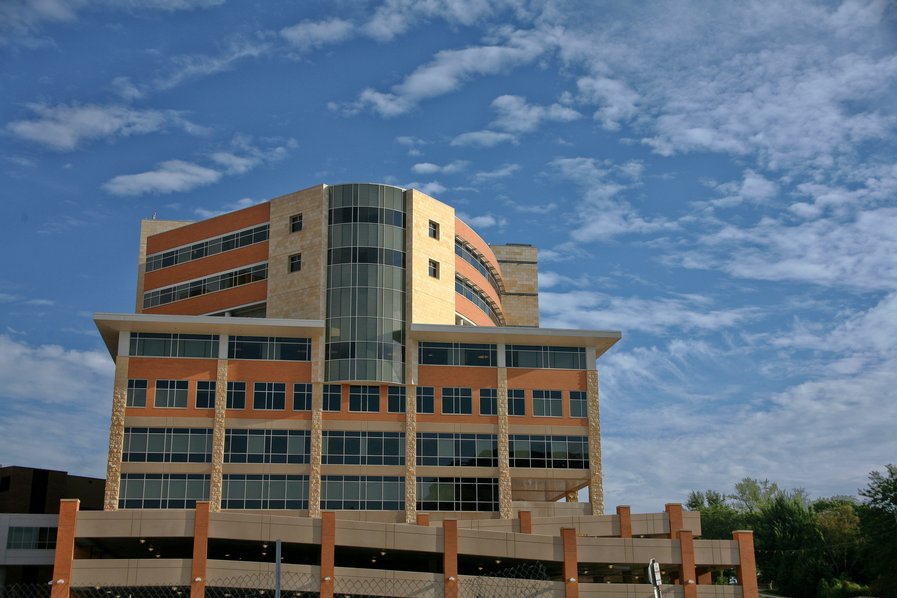The Economist:
Rapid advances in genetic testing promise to transform medicine, but they may up-end the insurance business in the process
“IF YOU can make a good soufflé, you can sequence DNA.” That assertion sounds preposterous, but Hugh Rienhoff should know. When his daughter was born about three years ago, she suffered from a mysterious disability that stunted her muscle development. After many frustrated visits to specialists, Dr Rienhoff, a clinical geneticist and former venture capitalist, decided to sequence a specific part of her genome himself. He discovered that her condition, which most resembled a rare genetic disorder known as Beals’s syndrome, was probably due to a new genetic mutation. “Without a lab and for just a few hundred dollars, you can contract or outsource almost all the steps,” he explains.
What a well-connected and highly motivated scientist in California can do today the rest of the world will be able to do tomorrow. Indeed, a number of firms are already offering tests for specific ailments (or predispositions to ailments) directly to the public, cutting out the medical middle-man. Dr Rienhoff, for his part, will soon launch MyDaughtersDNA.org, a not-for-profit venture intended to help others to unravel the mysteries of their family’s genes in the way that he unravelled those of his own.







